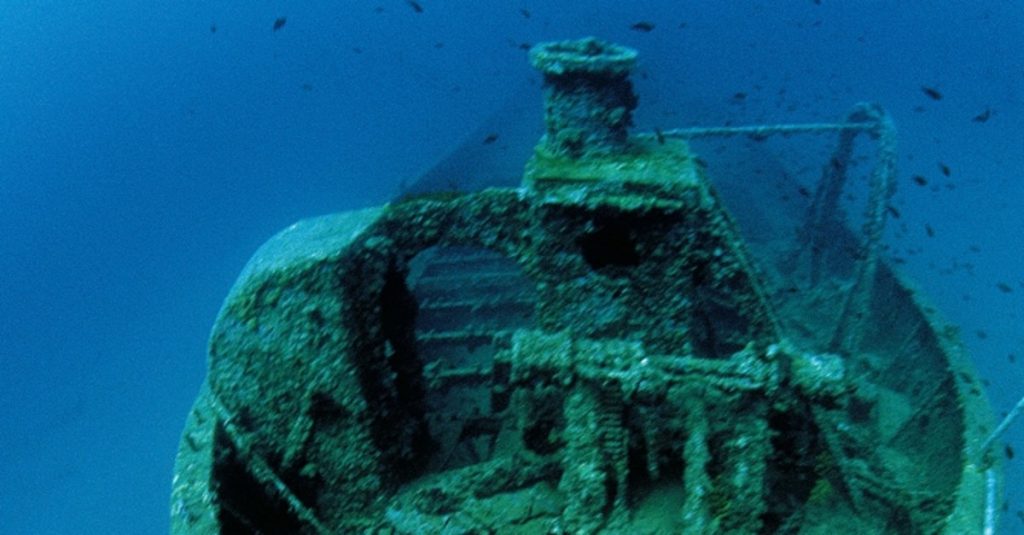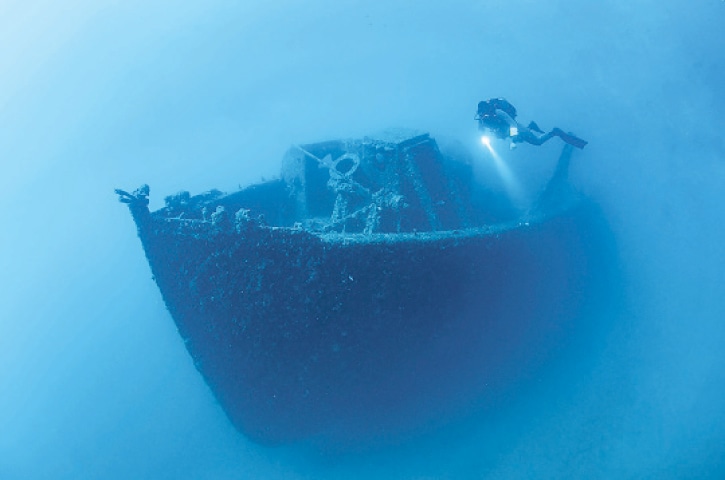Off Turkey’s western coast, divers found massive wreckage of magnificent warships, a tribute to a World War I battle that gave rise to nations and is now an underwater museum. The British Royal Navy’s “HMS Majestic” is one of 14 shipwrecks in Gallipoli, a peninsula that has been a naval graveyard since antiquity.
The last major battle for the Dardanelles Strait, which connects the Mediterranean to Russia, ended in disaster for British and French forces, who were forced to flee after months of warfare that took the lives of countless people. Nevertheless, the Allies successfully eventually won World War 1, and their sacrifices were a watershed point in establishing modern Turkey, Australia, and New Zealand’s national consciousness.

Now, Turkey, a country where history and politics are inextricably connected, is opening the site to international divers just in time for the country’s centenary celebrations in 2023.
“It’s like a time machine that takes you back to 1915 and World War I,” says Savas Karakas, a diver and documentary producer who was among the first to explore the wrecks when they were opened to the public earlier this month.
“It’s a good opportunity for us to remember our past,” says professional underwater photographer Ethem Keskin of the wrecks, some lying just a few metres under the sea and others up to 80 metres.

“I thought about the moment they sank, and you feel the stress of war.”
Turkey hopes that Gallipoli will become the new go-to destination for divers wishing to connect with events that formed the modern world.
Other sites include the Chuuk Lagoon in Papua New Guinea, known for World War II ruins, and the Bikini Atoll in the Marshall Islands, which still bears the wounds of US nuclear testing in the 1940s and 1950s.
Until 2017, when Ismail Kasdemir, the director of the Canakkale Historic Site in the area, began promoting the notion of opening the seabed to the general public.
“There was history and treasure lying underwater for more than 100 years,” he said. “The diving community was curious.”

Canakkale draws worldwide visitors to the ruins of the ancient city of Troy, lying on the eastern bank of the Dardanelles.
“You can already smell the history above the water,” Derya Can, who has set multiple free-diving records, told AFP at the underwater park’s unveiling.
“Now, divers will be able to survey the underwater history.”


